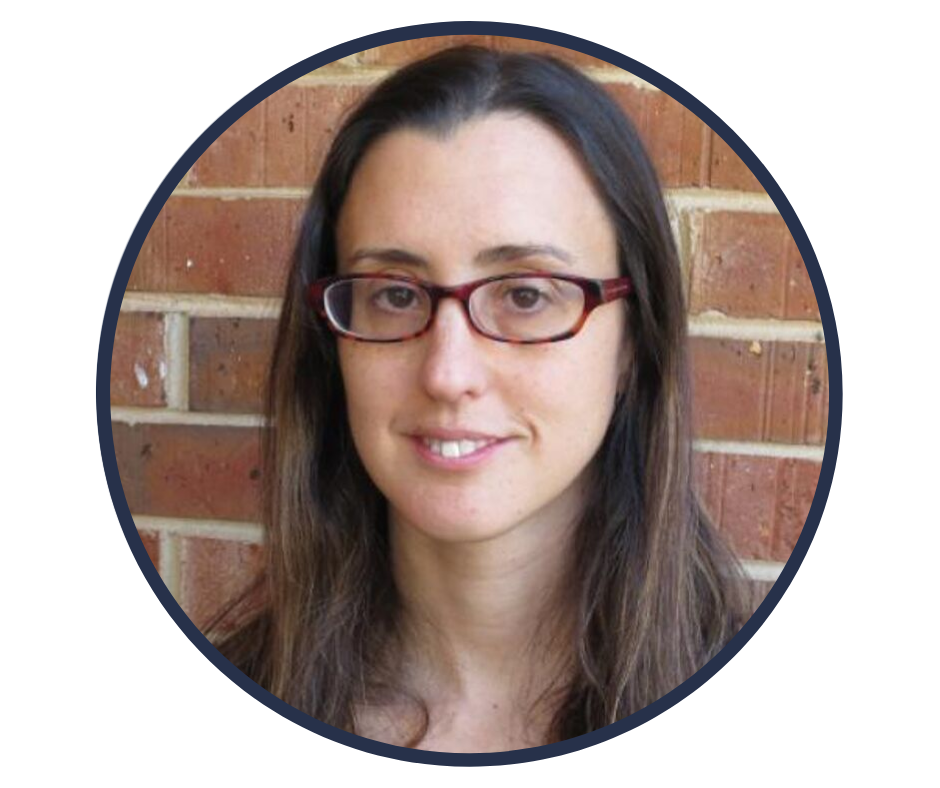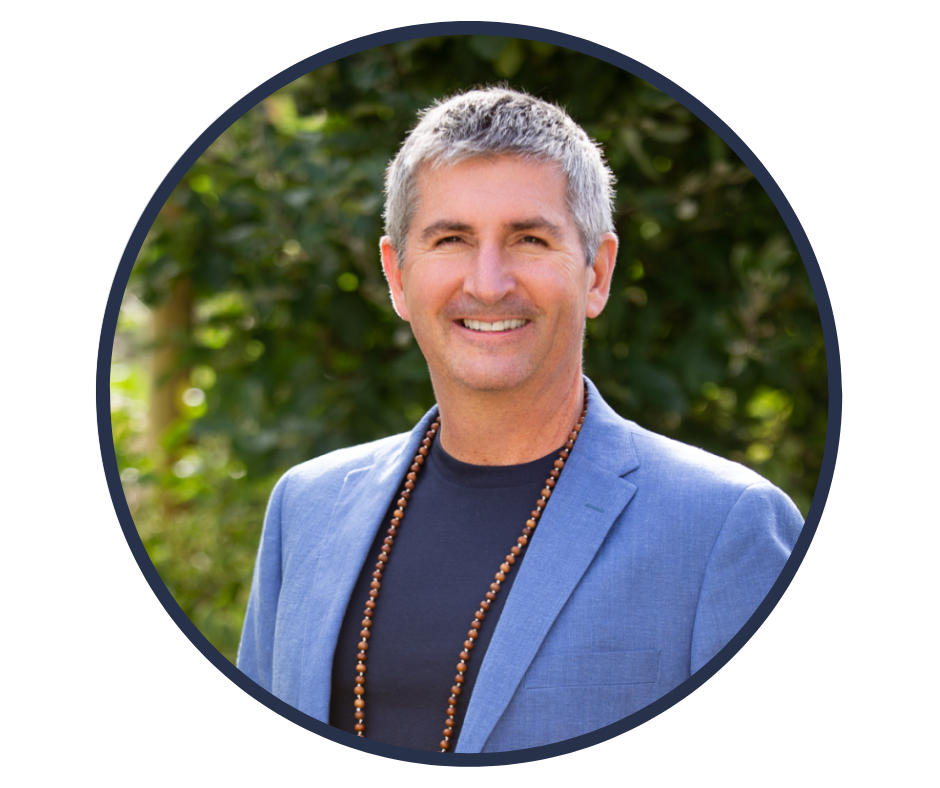Yoga and Yoga Therapy

Yoga and Yoga Therapy
This course includes
Overview
The practices, paths, limbs, and teaching of yoga provide a valuable framework from which pain, suffering, and pain care can be viewed. Equally important is the practical application of yoga techniques through each of the limbs and paths of yoga, allowing individuals to explore and learn to influence the lived experience of persisting pain.
This online course dives deeper into these aspects of yoga, while providing those just beginning exploration to understand:
- What is yoga,
- What yoga teaches about pain and suffering,
- How the eight limbs of Raja yoga relate to pain care, and
- How the paths of yoga provide some insights to pain management beyond the usual biopsychosocial perspectives.
We will also cover the development of yoga therapy as an integrative healthcare profession. This work helps to provide the background of how we are discussing yoga and yoga therapy throughout the book for pain care.
Join Neil Pearson, Shelly Prosko, and Marlysa Sullivan for Yoga and Science in Pain Care Chapter 4: Yoga and Yoga Therapy.
Learning objectives
In this online course, we will:
- Describe foundational yoga philosophies including the eight limbs of Raja yoga, four paths of yoga, concepts of dharma, right action, and duhkha.
- Discuss the many paths and practices that comprise yoga, beyond postures and breathing.
- Describe yoga therapy as an integrative healthcare practice.
- Recognize how the pancamaya kosha perspective can enhance both assessment and treatment planning for people in pain.
What you will learn can be effectively applied via virtual and in-person consults.
Audience
This course and the entire Yoga and Science in Pain Care series is intended for:
- Practitioners including yoga therapists and healthcare practitioners interested in integrating yoga with their persistent pain population to expand their approaches in clinical practice
- Yoga teachers interested in understanding aspects of the science behind yoga and pain
- Medical/healthcare professionals who want to better understand pain or want to integrate yoga and mind/body practices
- Mind/body contemplative practitioners/researchers/clinicians who want to better understand the science around pain and how yoga as a mind/body practice works with people in pain
- Yoga practitioners or integrative health consumers who want an in-depth read with practical knowledge in this field.
- Yoga therapist programs and medical university/college programs that require online course study in pain care
- Schools that have online mind/body programs as stand-alone modules or as part of medical programs and other mind-body institutions.
- People suffering from pain, particularly those keen about learning some practices to help with pain self-care and who want to learn more about the value of integrating pain science and yoga
We also hope that this series will help bring together yoga therapists and health professionals. There is value in blending science and yoga therapy in pain care – for the person in pain, for the health professional, and for the yoga professional.
The instructors

MPT, C-IAYT
Marlysa is a physiotherapist and yoga therapist with over 15 years of experience working with people suffering with chronic pain conditions. She is an Assistant Professor in Yoga Therapy and Integrative Health Sciences at Maryland University of Integrative Health and holds an adjunct position at Emory University, where she teaches the integration of yoga and mindfulness into physical therapy practice in the DPT program. She is also the author of Understanding Yoga Therapy: Applied Philosophy and Science for Well-being and co-editor of Yoga and Science in Pain Care: Treating the Person in Pain as well as several peer-reviewed articles.
Marlysa has been involved in the professionalization of the field of yoga therapy through the educational standards committee of IAYT, which helped to define the competencies for the field, and in characterizing the yoga therapy workforce through research. Her research interests focus on defining the framework and explanatory model for yoga therapy based on philosophical and neurophysiological perspectives.

PT, MSc(RHBS), BA-BPHE, C-IAYT, ERYT500
Neil is a physical therapist, yoga therapist, author, researcher, Clinical Associate Professor at the University of British Columbia, faculty in three IAYT-accredited yoga therapy programs, board member for the International Association of Yoga Therapists and pain care advocate. He conducts research into the effects of yoga on veterans with chronic pain and people with osteoarthritis. Neil is the recipient of awards honouring his work in pain care, patient education and physiotherapy by Queen’s University, the Canadian Pain Society and both provincial and national physiotherapy associations, including the Canadian 2021 Medal of Distinction.
Neil is a consultant to Partners in Canadian Veterans Rehabilitation Services, and to Lifemark’s 300+ clinics in Canada. Neil is a past board member for Pain BC, Canada’s premier non-profit transforming the way pain is understood and treated. He co-authored – Yoga and Science in Pain Care 2019, authored the patient education ebook, Understand Pain Live Well Again in 2008, and is lead contributor to many free patient resources offer by Pain BC.
For more information and course offerings, see www.paincareaware.com

PT, C-IAYT, PCAYT
Shelly has been helping people recover and flourish since 1998 as a physiotherapist, yoga therapist, educator, author and pioneer of PhysioYoga, blending evidence-informed body-mind-breath-spirit-heart centered practices and principles, such as yoga, into physiotherapy with a focus on chronic pain, pelvic health, compassion in healthcare and professional burnout. She is on faculty at several therapy programs, presents at medical conferences globally, contributes to academic research and writing, provides classes, courses and resources for the general population, and offers continuing education courses and mentorship for professionals.
She considers herself a lifelong student and emphasizes the immense value gained from clinical experience and learning from those she serves, the professionals she teaches, and the colleagues with which she collaborates.
Shelly is the co-editor/author of the book Yoga and Science in Pain Care: Treating the Person in Pain and has authored numerous book chapters in a variety of rehabilitation textbooks.
She maintains a clinical practice in Sylvan Lake, Alberta and believes compassion (including self-compassion), meaningful connections, spending time in nature and sharing joy are powerful contributors to rehab and well-being.
Visit www.PhysioYoga.ca to learn more.
Material included in this course
-
Yoga and Science in Pain Care: Yoga and Yoga Therapy
-
Introduction
-
The Eight Limbs of Yoga Part 1
-
The Eight Limbs of Yoga Part 2
-
Other Paths of Yoga
-
Meditation Practice and Dharma
-
Questions Part 1
-
Questions Part 2
-
Feedback
Is this course part of a series of courses?
Yes, this individual course is part of a larger series: The Yoga and Science in Pain Care Book Club Series. You can choose to register for this individual session or you can register for the entire series at a discount. Click here to learn more and register for the entire Yoga and Science in Pain Care Book Club Series.
Is a certificate of completion included with this course?
Once you have completed the course, a certificate of completion (including learning hours and course information) will be generated. You can download this certificate at any time. To learn more about course certificates on Embodia please visit this guide.
This can be used for continuing education credits, depending on your professional college or association. If this course has been approved for CEUs in specific jurisdictions, it will be noted on the course page and CEU information may be added to your course certificate. Please read this guide for more information.
Is the Course Eligible For CEU's?
The answer is dependent on your profession and geographic location of practice.
For Canadian Physiotherapists, this course counts towards your learning hours and professional portfolio.
For Physical Therapists in the U.S., you can find all Licensing Authorities Contact Information by going here. Many states accept an individual's application for CEUs by submitting the course syllabus, instructor information, receipt showing payment, and course certificate.
For other professions and jurisdictions, please submit the course description, learning objectives, and instructor bios we have provided to your professional body to review.